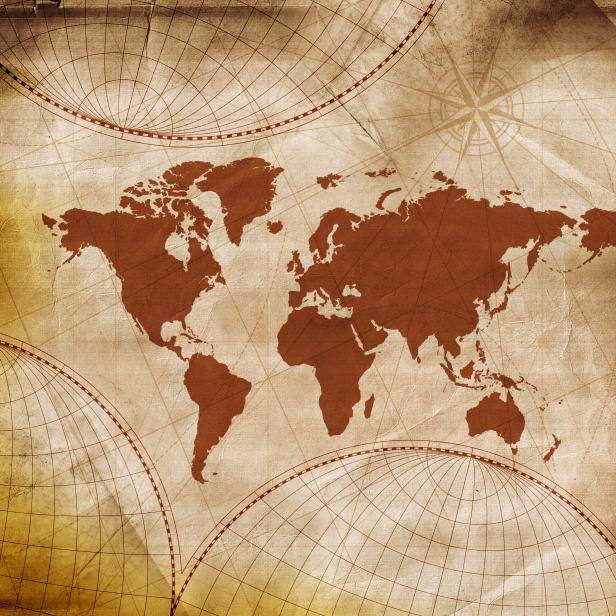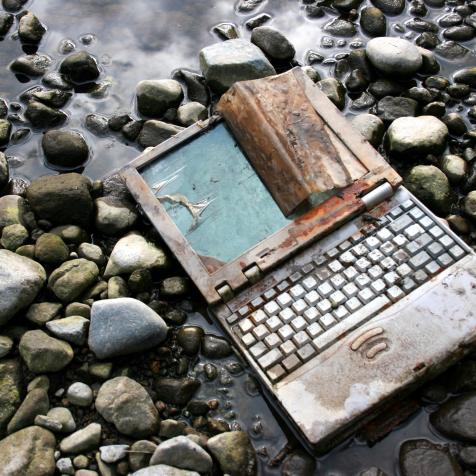
Getty Images/teekid
The AuthaGraph Is The World's Most Accurate Map
View the world in correct proportions with this map.
You may not know this, but the world map you've been using since, say, kindergarten, is pretty wonky. The Mercator projection map is the most popular, but it is also riddled with inaccuracies. Areas like Greenland, Antarctica, and Africa are all distorted on traditional Mercator maps because it's difficult, if not impossible, to replicate the globe in two dimensions. But Hajime Narukawa, a Keio University graduate student in Tokyo, worked for six years to finally resolve this issue.

JDP AuthaGraph
Narukawa's AuthaGraph World Map, which he unveiled in 2016, won the coveted Grand Award of Japan's Good Design Award competition, beating out over 1,000 entries in a variety of categories. His map overcame 2D distortions by angling continents in a way that accurately displays both their relative sizes and the distances between them. The Good Design Award describes Narukawa's AuthaGraph as faithfully representing "all oceans [and] continents, including the neglected Antarctica," and says the map is "an advanced precise perspective of our planet."
The rectangular map can be folded into both a sphere and a tetrahedron, and is already used in Japanese text books, according to Mental Floss. Learn more about the AuthaGraph, and the science of mapping, below.
This article first appeared on Curiosity.com.

















.jpg.rend.hgtvcom.476.476.suffix/1567785339053.jpeg)
